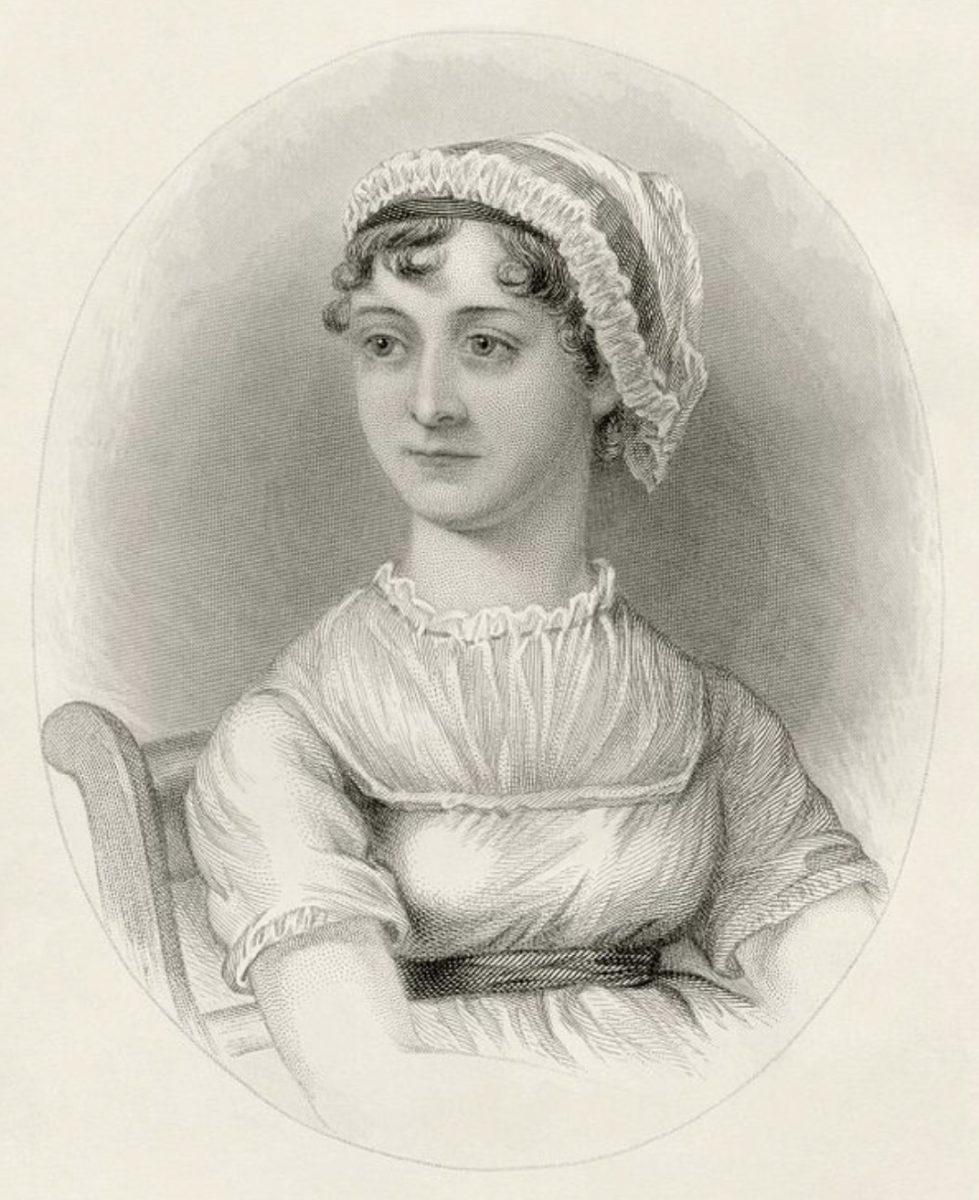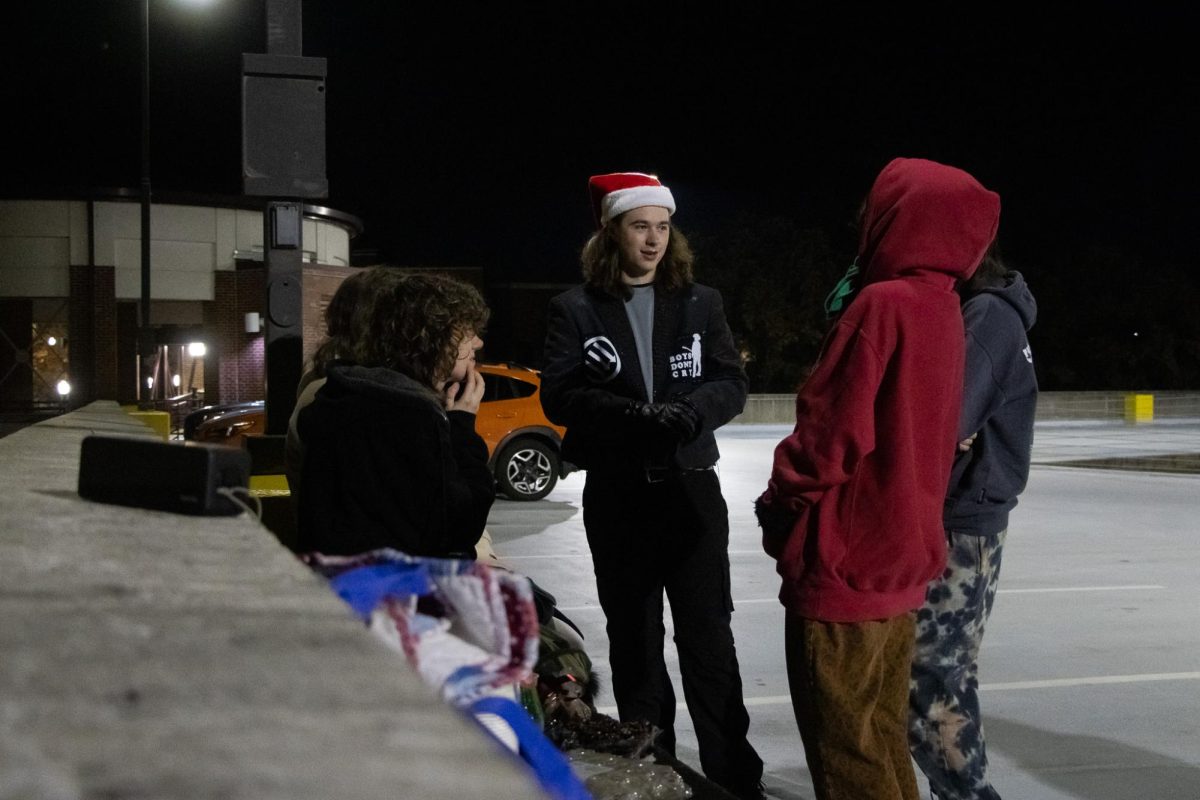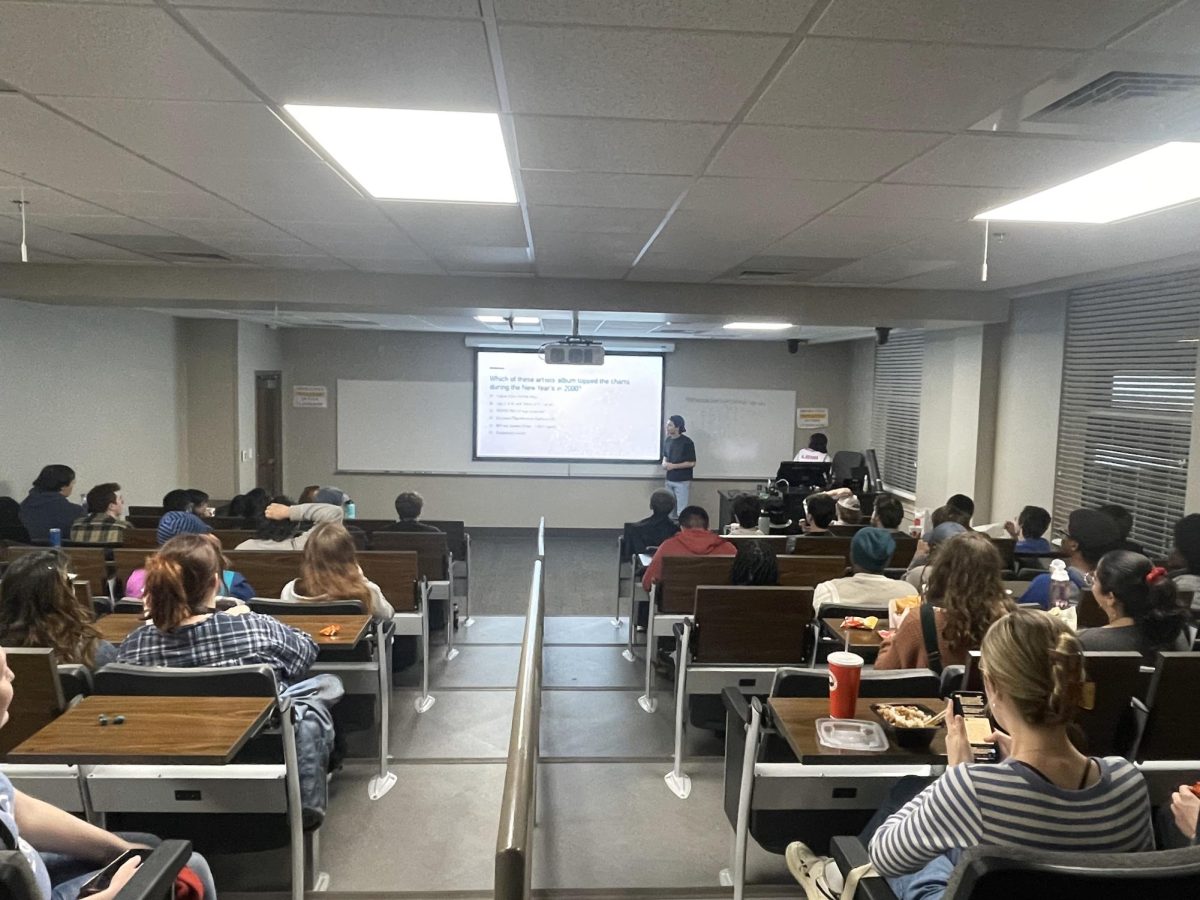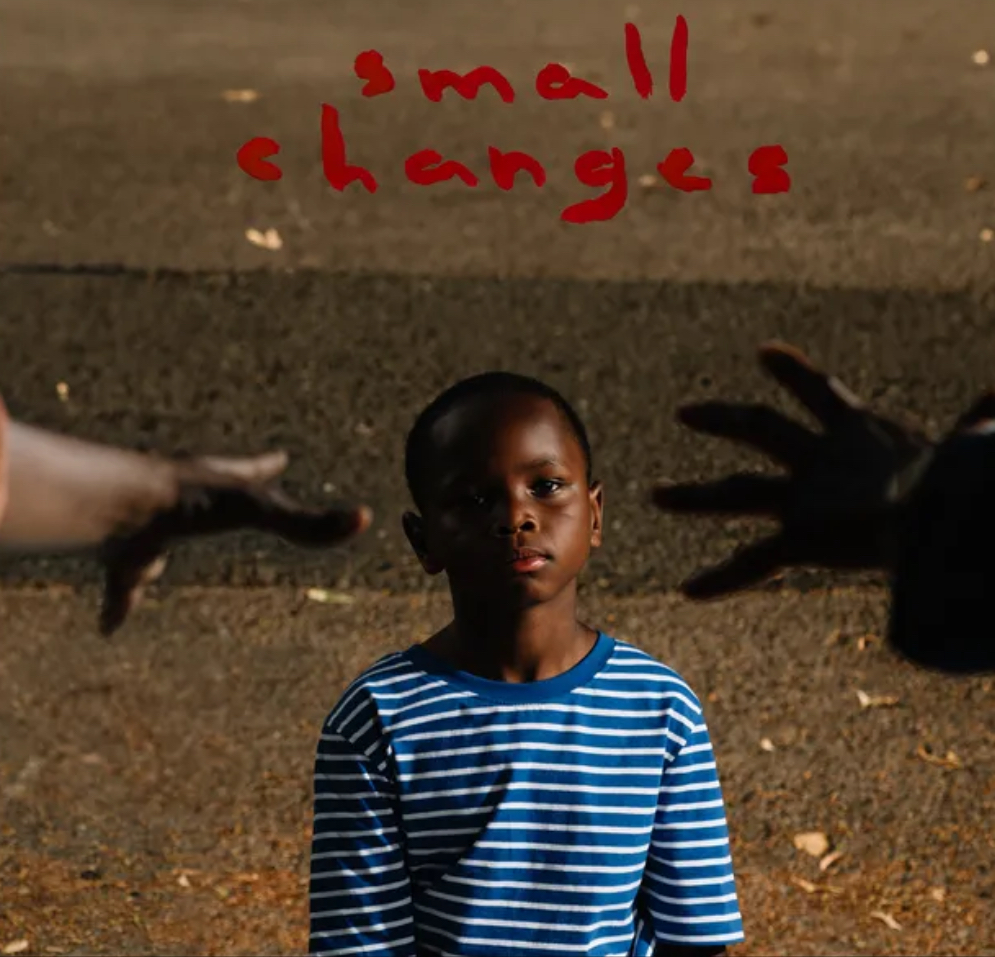The City Fest lot, located on University Boulevard, continues to reveal its major significance in the background and history of the city of Tuscaloosa’s early development after recent discoveries of artifacts on the property.
“We are able to examine artifacts that include bottles, ceramics, fauna remains, buttons, pocketknives, pipes and iron tools,” said Brandon Thompson, UA cultural resource specialist and project director for the site. “These cultural materials tell us how people were living, what they were eating and how they were interacting. We are also able to see difference and changes in architectural engineering in structural foundation remnants.”
Matthew Gage, director of the University’s Office of Archaeological Research, further explained the importance of the site.
“The Bank of the State site is significant based on a number of criteria that have to do with both historical figures and the development of our city,” Gage said.
Gage also said the team has found a number of artifacts including an “initial historic settlement above the shoals of the Black Warrior and remains of one of the first houses built in Tuscaloosa circa 1816.”
It is unusual that a project of this magnitude is carried out, but because of federal requirements, the department was able to go ahead with its study. The work of the UA archaeology department on projects such as this is vital not only to preserving and exploring Tuscaloosa’s history, but Alabama’s history as well.
“Excavations of this scale and within an urban setting are rare,” Thompson said. “Because of the federal requirements in place, the excavations at the Bank of the State site provided incredible insight into the rich history of Tuscaloosa. We are able to see the development and growth of the city from the early 19th century, through the Civil War [and] to the middle of the 20th century.”
The UA Archaeology Department had an important role in maintaining Tuscaloosa and Alabama’s cultural history as well.
“Today, The University of Alabama’s Office of Archaeological Research assists the state in meeting its obligations under federal law by maintaining the State Archaeological Site File, providing curatorial facilities, maintaining the documents generated as part of National Historic Preservation Act projects, providing cultural resources research and services, and training the next generation of preservationists and archaeologists,” Gage said.
This project will be the last one conducted at this particular site because the lot will be the future location of a hotel.
Regardless of the project’s purpose, archeology remains an important field for some, especially in a city with as much historical significance as Tuscaloosa.
“Archaeology is the only means we have to understand much of our history and prehistory,” Gage said. “Without written records, we have no other way of learning about prehistoric peoples or historic sites. Archaeology and preservation go hand-in-hand. By seeking to learn about our past, we come to understand and appreciate who we are and develop a strong sense of community.”








